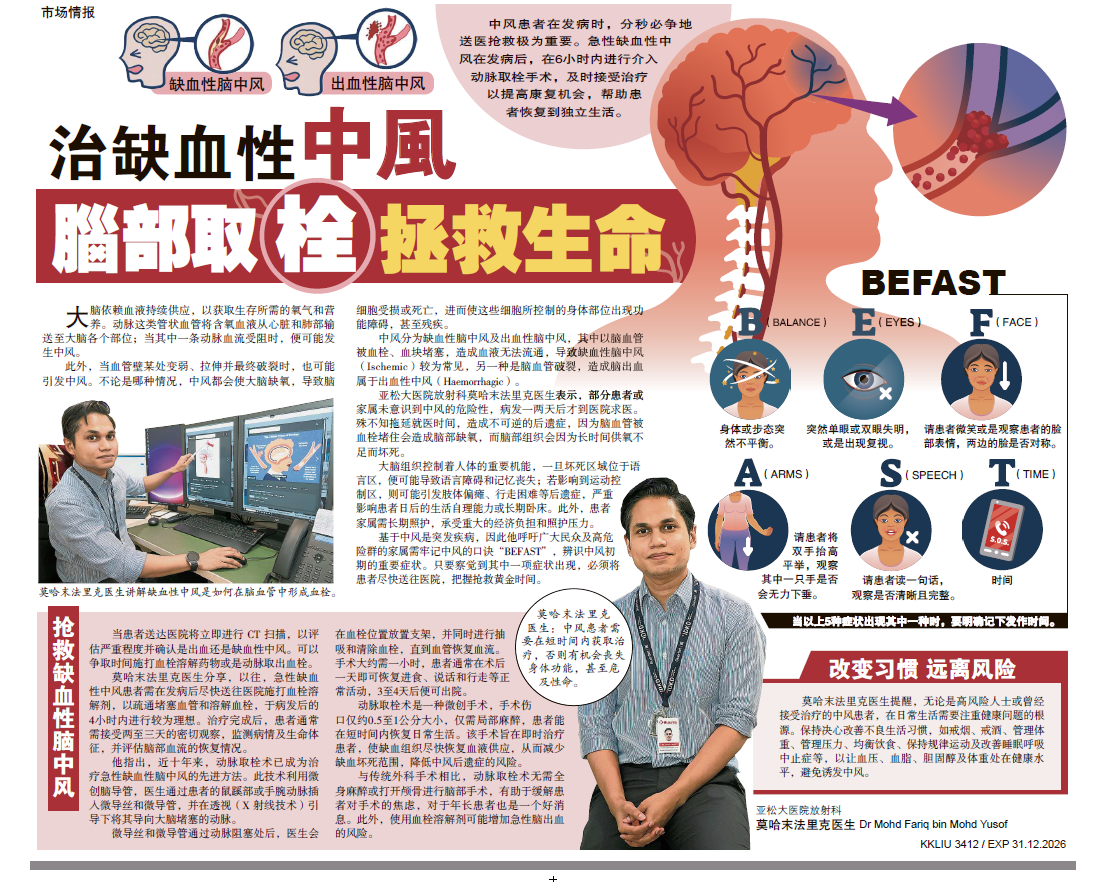Exploring The Intersection of ENT Health and Diving Medicine: A Guide for Healthcare Professionals
- Updated on: May 30, 2024
Scuba diving has gained immense popularity among Malaysians, drawn by the allure of our stunning coral reefs. Among diving-related injuries and illnesses, most of them are otorhinolaryngologic. As healthcare professionals, understanding the intricate relationship between Ear, Nose & Throat (ENT) conditions and diving medicine is essential for ensuring the safety and well-being of divers. In this article, I will delve into the specific ENT considerations relevant to diving and provide insights and recommendations for healthcare professionals when managing patients who are also scuba divers.
Ear Health:
Middle ear barotrauma is the single most common diving-related medical problem. It is caused by middle ear squeeze or reverse middle ear squeeze and results from failure to equalise middle ear pressure compared to the outer and inner ear. The inability to equalise pressure during ascent or descent can lead to discomfort, pain and complications such as tympanic membrane rupture. Inner ear barotrauma, although quite rare, can also happen during rapid pressure changes resulting in damage to the cochlea and vestibular system leading to vertigo and hearing loss. Healthcare professionals should emphasise proper equalisation techniques and refer patients with trouble equalizing to ENT specialists for proper evaluation and management.
Nose Health:
Nasal congestion and sinusitis are prevalent among divers and can impede equalisation efforts and compromise diving safety. Healthcare professionals should assess and manage these conditions proactively, considering their impact on nasal flow and pressure regulation. Managing the cause of nasal congestion, providing guidance on nasal decongestants, sinus irrigation and appropriate pre-dive evaluation protocols can help minimize the risk of sinus barotrauma during dives.
Throat Health:
While often overshadowed, throat-related issues such as laryngopharyngeal reflux (LPR) can significantly affect divers’ comfort and safety underwater. Gastroesophageal reflux symptoms can worsen during dives due to altered pressure & breathing patterns, leading to throat irritation, voice changes or aspiration risks. Healthcare professionals should be vigilant for gastroesophageal reflux symptoms in divers and offer tailored management strategies to mitigate its impact on diving activities, such as lifestyle modifications and pharmacological interventions.
Preventive Measures and Collaboration:
Preventive measures play a pivotal role in minimizing diving related injuries and illnesses. As an avid scuba diver who is also an ENT specialist, I advocate collaborations with diving organisations and specialists to develop pre-dive assessment protocols, educate divers on ENT health maintenance and promote adherence to safe diving practices. Emphasising the importance of regular ENT evaluations and fostering interdisciplinary communication can enhance diver safety and optimize health outcomes in the diving community.
In conclusion, navigating ENT conditions in diving medicine requires a nuanced understanding of the unique challenges and considerations involved. Healthcare professionals, particularly ENT specialists, play a vital role in assessing, managing and preventing ENT-related issues in divers. By integrating ENT expertise with principles of diving medicine, we can support divers in mitigating inherent risks while enjoying fulfilling underwater experiences.











